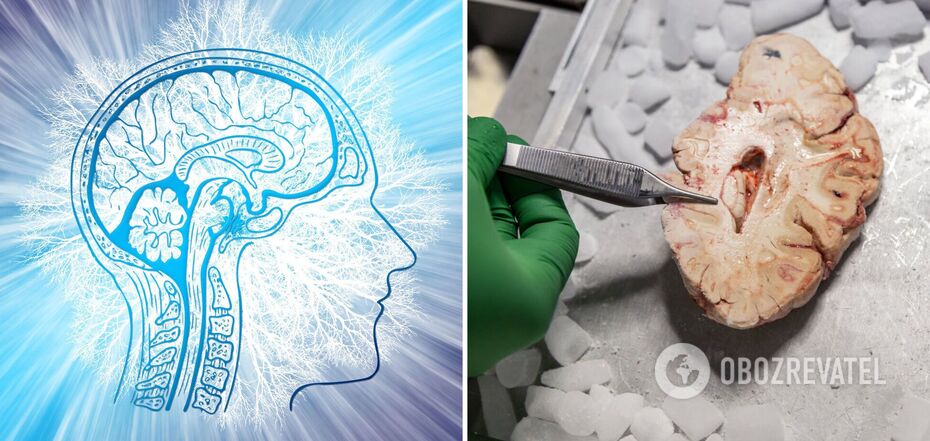News
Zombie genes wake up in the human brain after death: what scientists have discovered
The onset of death is still a mystery to science. Scientists are trying to establish in detail what happens to the body and especially to the brain. And recent studies shed new light on this process. In particular, the researchers managed to establish how the activity of the so-called zombie genes affects the brain after death.
The experiment was described in the journal Nature. It was conducted by scientists from the University of Illinois. They studied brain tissue samples that were removed from people with epilepsy. One of the methods of its treatment involves the surgical removal of small areas of brain tissue that trigger seizures.
Subsequently, these tissues were left in the laboratory at room temperature for 24 hours. The scientists studied the activity of cells and genes in the samples.
In particular, the researchers examined the expression of three types of genes: housekeeping genes, neuronal genes, and "zombie genes." Thus, housekeeping genes - those whose expression supports all vital functions of the body - remained equally active throughout the study period. Scientists were interested in these genes in particular because their expression is the same in all tissues and organs of the body.
Neural genes are expressed in neurons, the cells of the nervous system. They ensure the functioning of all basic brain functions. About 12 hours after deletion, their activity began to decline.
The same genes, which scientists have conditionally nicknamed "zombie genes," are responsible for the functioning of neuroglia, a set of auxiliary cells of the nervous system, or glial cells. Their activity increased throughout the 24 hours. Their expression peaked 12 hours after tissue removal. And while degenerative processes occurred in the neurons, glial cells increased in size and gained new processes.
According to University of Illinois professor Jeffrey Leb, who co-authored the study, scientists were not surprised by the growth of glial cells after death. They have an anti-inflammatory function and cleanse the brain after damage caused, for example, by lack of oxygen or stroke. However, Leb noted that the results of his group's work could help improve the methodology of brain research in the future. "Most studies assume that all processes in the brain stop after the heart stops beating, but this is not the case. Our data are needed to interpret studies on human brain tissue. Previously, quantitative indicators of postmortem changes have not been studied," he said.
Earlier, OBOZREVATEL reported that scientists had discovered a new anatomical structure in the human brain that could help fight Alzheimer's disease.
Subscribe to OBOZREVATEL 'sTelegram and Viberchannels to keep up with the latest developments.



























